
The #1 fastest way to reverse liver and kidney damage
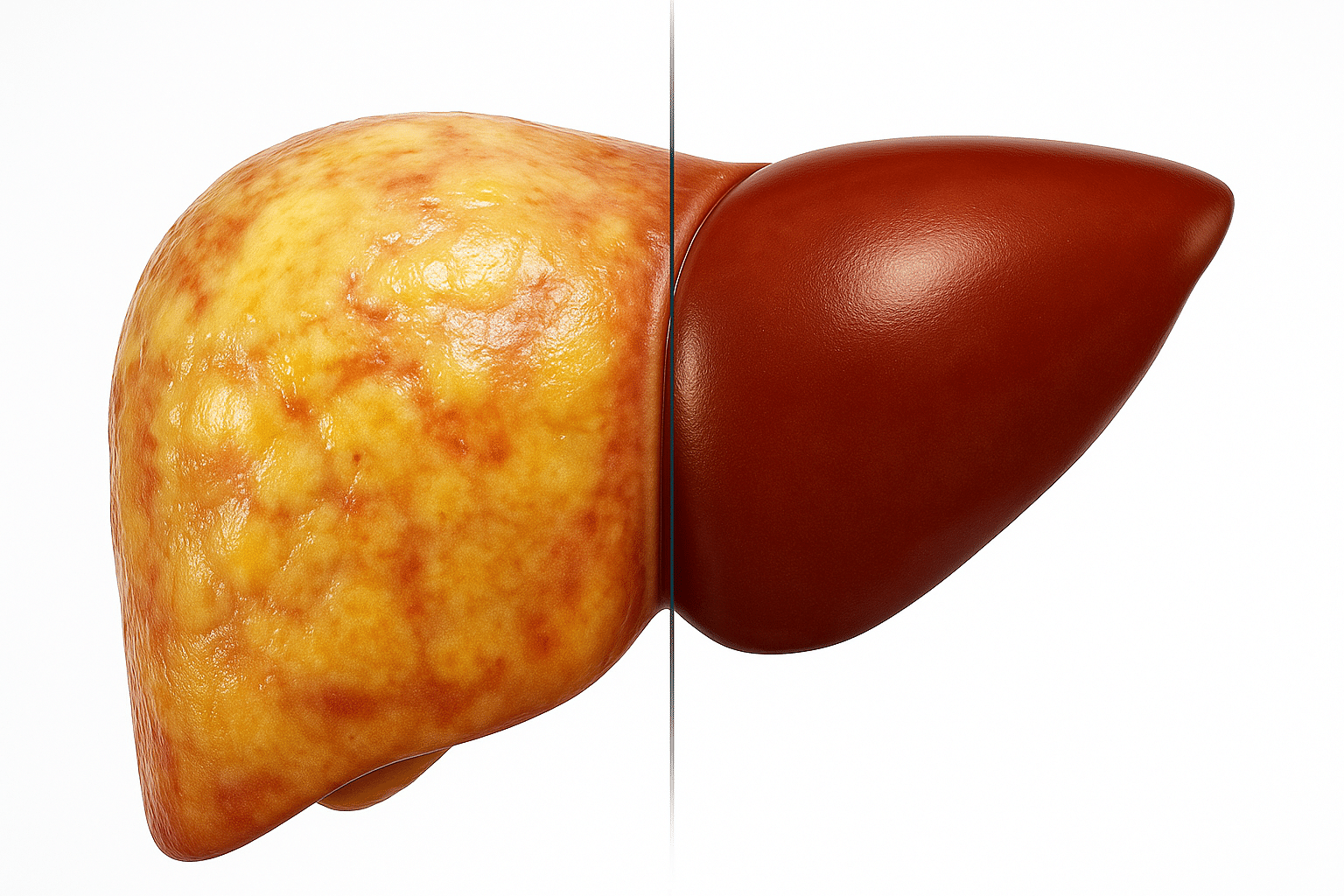
What if someone told you that your liver and kidneys could begin recovering in as little as two weeks? It sounds almost unbelievable—but growing evidence suggests it’s possible to support these vital organs far more quickly than most people think. The best part? The method is simpler than any complex detox regimen or supplement routine.
Your liver and kidneys function as the body’s master filters, working nonstop to remove toxins, process nutrients, and keep your blood clean. Yet our modern diet exposes them to unprecedented stress. Rates of liver and kidney dysfunction are rising around the world, and many people are experiencing symptoms long before they recognize the cause. Fatigue, bloating, poor digestion, brain fog, and stubborn weight gain are often early warnings that these organs are overwhelmed.
Your kidneys filter your entire blood supply roughly 12 times per hour, quietly eliminating waste that would otherwise accumulate in your system. Your liver, meanwhile, is a biochemical powerhouse—neutralizing toxins, managing hormones, producing bile, and filtering hundreds of gallons of blood. But they cannot thrive under constant attack.
According to insights popularized by Dr. Livingood, a major contributor to this assault is summarized by a simple acronym: CRAP. By removing these harmful elements from your diet, you can dramatically ease the burden on your liver and kidneys, giving them room to repair, regenerate, and perform at their full potential.
Key Takeaways
-
Your Liver and Kidneys Are Essential Filters: When they’re overloaded, everything—from energy to immunity—takes a hit.
-
Modern Diet = Modern Damage: Processed foods and chemical additives are major drivers of today’s liver and kidney problems.
-
Healing Can Be Surprisingly Fast: Research shows that targeted nutritional changes can significantly reduce liver fat—up to 43.8%—within a matter of weeks.
-
Cut the CRAP: Remove Carbs (refined), Rancid oils, Artificial ingredients, and Processed proteins.
-
Support Natural Detox Pathways: As your diet improves, your body releases stored toxins, so your liver and kidneys need proper nutritional support to keep up.
1. Remove Refined Carbs and Sugars
The first critical step is eliminating refined carbohydrates and sugars. The average American consumes around 164 pounds of refined carbohydrates and over 130 pounds of flour each year—much of it hidden in everyday foods. You may not consider yourself a sugary snacker, but many “healthy” foods behave just like desserts in your bloodstream.
That morning bowl of Raisin Bran? It’s nutritionally equivalent to eating a doughnut and a half. A can of soda? More like three and a half doughnuts. The effect is cumulative, constant, and damaging.
Why “refined” matters
Refined carbs are stripped of fiber—the one nutrient that slows sugar absorption and protects your system from insulin spikes. Without fiber, glucose floods your bloodstream almost instantly.
Your kidneys strain to eliminate the excess, and any fructose you consume goes straight to your liver, which often converts it to fat.
There are more than 561 hidden names for sugar in the food supply, making it nearly impossible to track without reading every label.
A short-term sugar fast
For serious improvement in liver and kidney function, a 2–4-week sugar fast is one of the most effective strategies (90 days is even better).
This means removing simple sugars, ultra-processed foods, breads, grains, crackers, and even many fruits that are naturally high in fructose.
High-fructose fruits like bananas, mangoes, apples, and melons can be reintroduced later, but removing them initially gives your liver a much-needed reset.
If you must have fruit, choose liver-friendly options:
lemons, limes, grapefruits, berries, and kiwis.
Avoid:
-
Refined carbohydrates (white bread, pastas, crackers)
-
Sugar-sweetened foods and drinks
-
High-fructose fruits
-
High-fructose corn syrup and similar sweeteners
Approved:
-
Vegetables and their natural fiber
-
Clean proteins and healthy fats
-
Natural sweeteners like monk fruit or stevia
Best:
-
A low-carb, whole-food diet built around fiber-rich, minimally processed ingredients
2. Eliminate Rancid Oils
Rancid oils may be even more destructive than sugar. Every cell in your body is wrapped in a membrane made from fat. When you consume unstable industrial oils, your body builds cell membranes from these defective fats—leading to inflammation, sluggish cellular function, and long-term organ stress.
The biggest offenders:
Corn oil, soybean oil, vegetable oil, canola oil, grapeseed oil, and safflower oil.
These oils are extremely high in linoleic acid, which disrupts your metabolic health and clogs cellular pathways.
Repeatedly heated oils—like those used in fast-food fryers—are even worse. Animal studies show that reheating oils just three times can dramatically increase weight gain and tissue damage within a month.
These toxic fats linger in your cells for up to 600 days, meaning every bite has long-term consequences.
Avoid:
-
All industrial seed oils
-
Fried foods, chips, crackers, restaurant deep-fried dishes
Approved:
-
Olive oil, avocado oil, coconut oil
Best:
-
High-quality animal fats like grass-fed butter, ghee, tallow, and lard
These fats are stable under heat and provide the raw materials for strong, healthy cells.
3. Avoid Artificial Ingredients
The food industry uses more than 10,000 additives, and many stress the body’s detox systems.
Two categories deserve special attention:
Artificial sweeteners
Sucralose, aspartame, and acesulfame potassium are commonly used in “sugar-free” products. Despite their calorie-free labels, they can:
-
Increase appetite
-
Disrupt insulin response
-
Harm the gut microbiome
-
Stress the liver and kidneys
Artificial dyes
These chemicals are added solely for appearance, and several are linked to serious health concerns.
For instance, Red No. 3—recently banned but still allowed in products until 2027—is a known carcinogen. It continues to appear in sugary snacks, packaged breakfast foods, and even children’s medications.
If a label lists dyes like Red 40, Yellow 5, Blue 1, or any color with a number, choose something else.
4. Eliminate Processed Proteins
Proteins are essential, but quality matters. Heavily processed or commercially raised animal products introduce inflammatory compounds, hormones, antibiotics, and unhealthy fats that increase the burden on your liver and kidneys.
Grass-fed, pasture-raised, and wild-caught options are cleaner, more nutrient-dense, and far less inflammatory.
Examples:
-
Grass-fed beef is leaner and richer in omega-3s compared to grain-fed beef.
-
Pasture-raised eggs contain significantly more choline—an essential nutrient for liver function.
-
Wild-caught fish offer cleaner protein than farm-raised fish fed processed pellets.
Margarine and many plant-based meat substitutes also contain artificial ingredients, rancid oils, and chemical additives. These products often burden your organs rather than nourish them.
Avoid:
-
Processed deli meats
-
Commercially raised beef, poultry, and fish
-
Margarine and heavily processed meat alternatives
Approved:
-
Products labeled “no hormones” and “no antibiotics”
Best:
-
Organic, grass-fed beef
-
Pasture-raised chicken and eggs
-
Wild-caught fish
Conclusion: Your Body Can Heal—If You Give It the Chance
Supporting your liver and kidneys doesn’t require extreme detoxes or expensive supplements. It simply involves removing the foods that overwhelm them and replacing those with clean, nutrient-rich sources of fuel.
As you cut the CRAP—refined Carbs, Rancid oils, Artificial ingredients, and Processed proteins—your body begins to release toxins stored in fat cells. This is a positive and natural process, but your detox organs need support.
Nutrients that may help include:
-
Milk thistle
-
B vitamins
-
Choline (especially from pasture-raised eggs)
-
Antioxidant-rich vegetables and herbs
This approach isn’t a trend or a temporary diet. It’s a return to eating in a way that aligns with how the body is designed to function. You don’t need aggressive interventions or risky shortcuts. You simply need to stop feeding your body what’s harming it.
Your next meal can either burden your liver and kidneys—or help them begin to heal.
The power to restore your body’s most important filters is entirely in your hands.
News in the same category

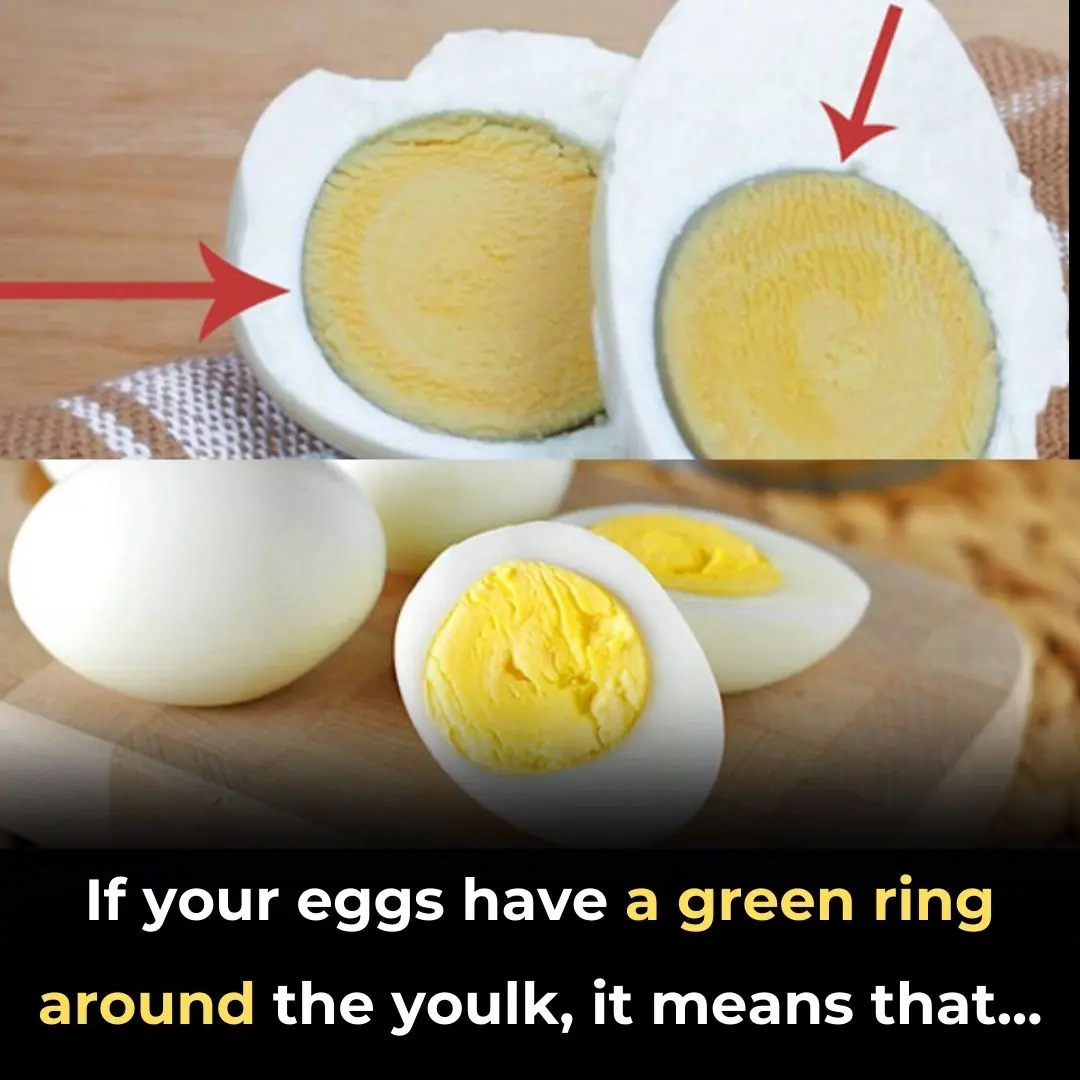
Why Your Hard-Boiled Eggs Have That Weird Green Ring
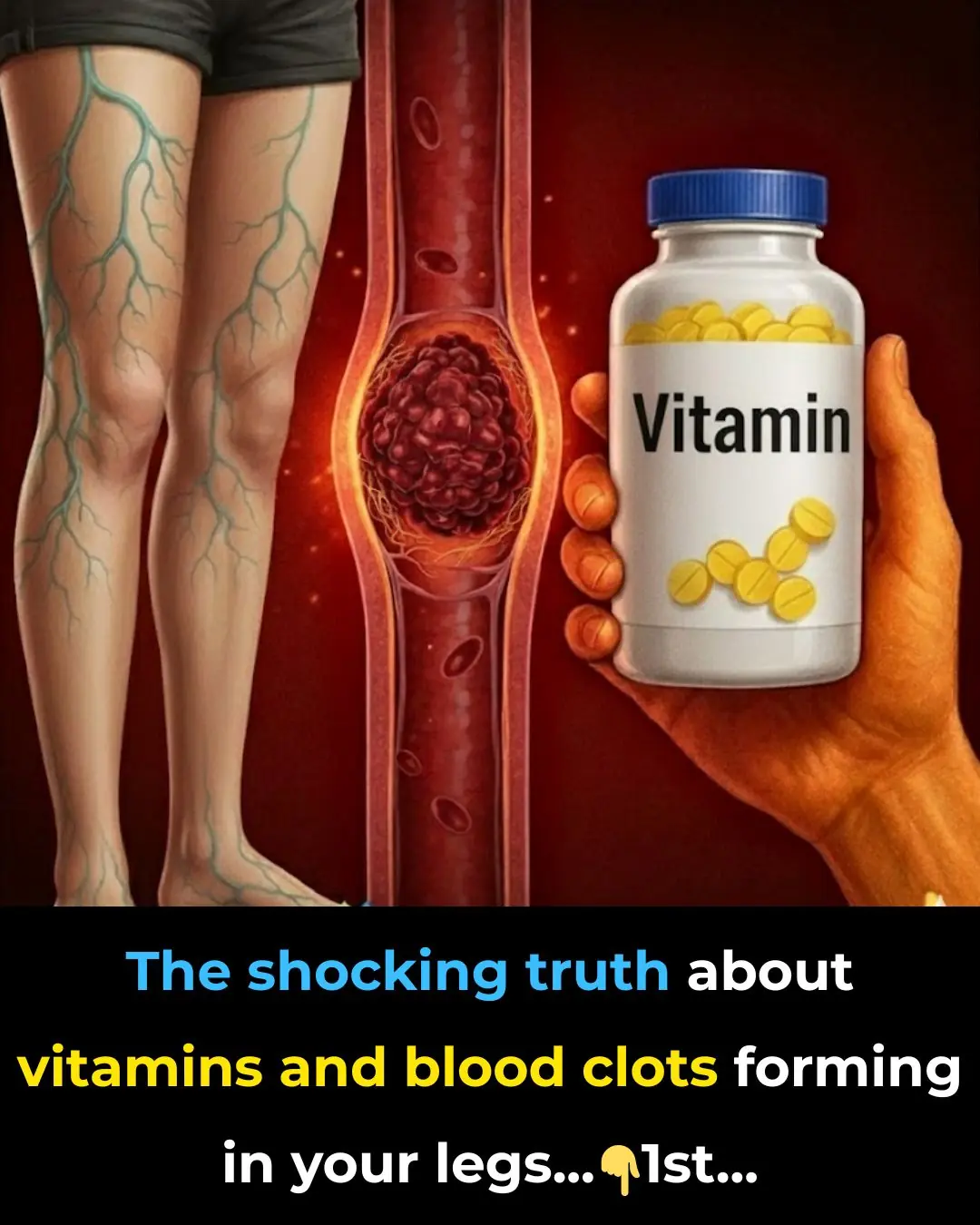
The shocking truth about vitamins and blood clots in your legs
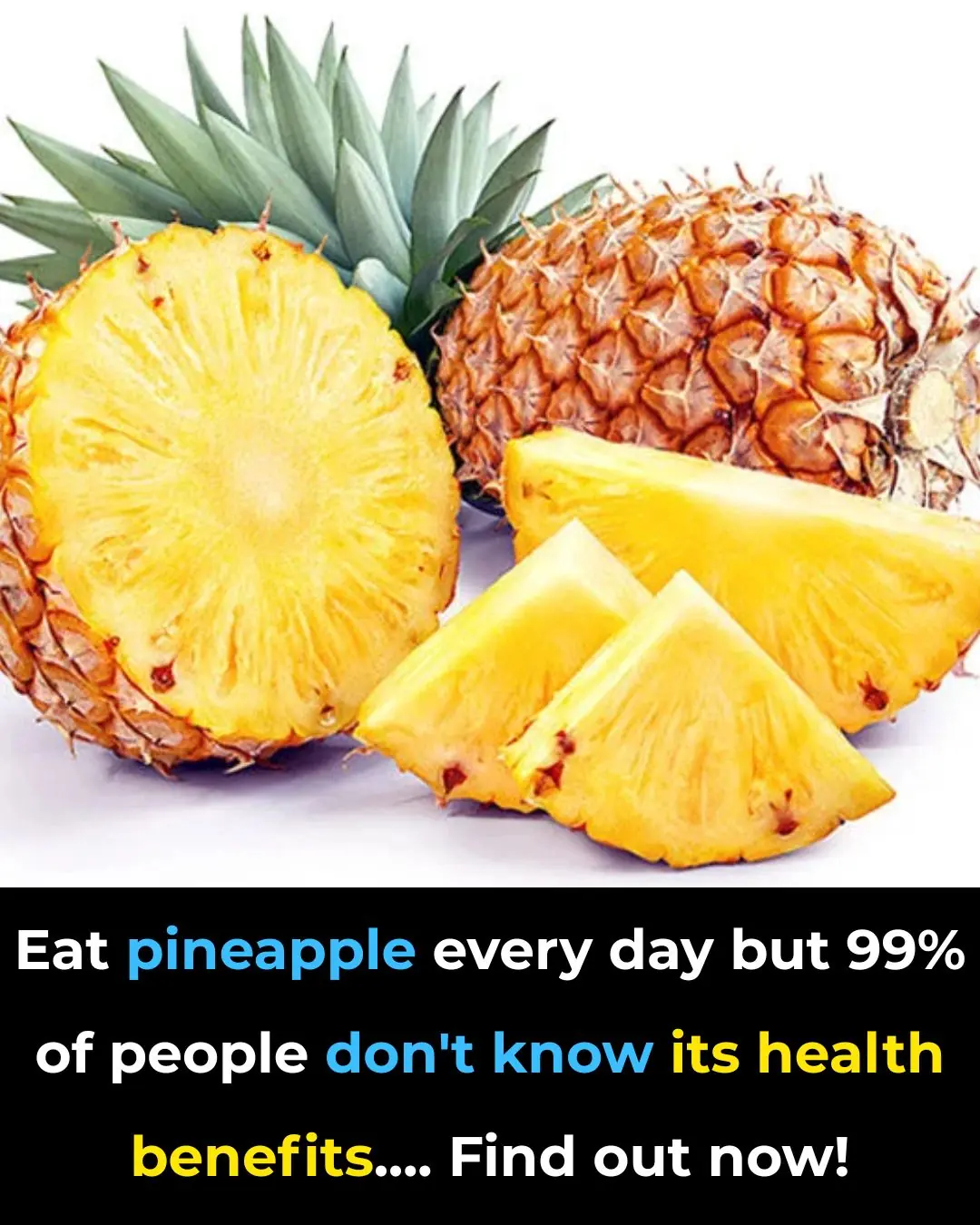
Doctors Reveal That Consuming Pineapple Causes Remarkable Health Benefits
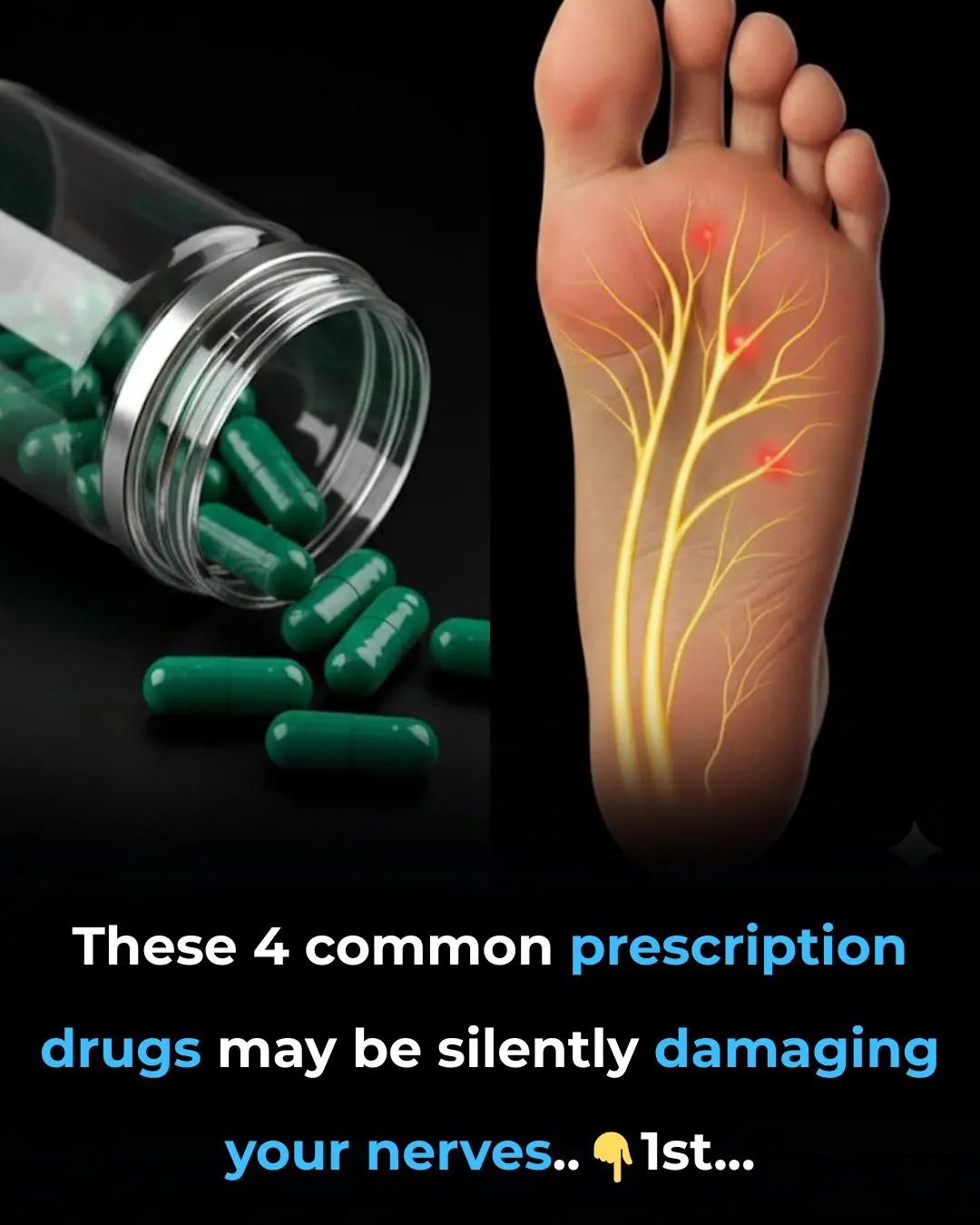
These 4 common prescription drugs may be silently damaging your nerves
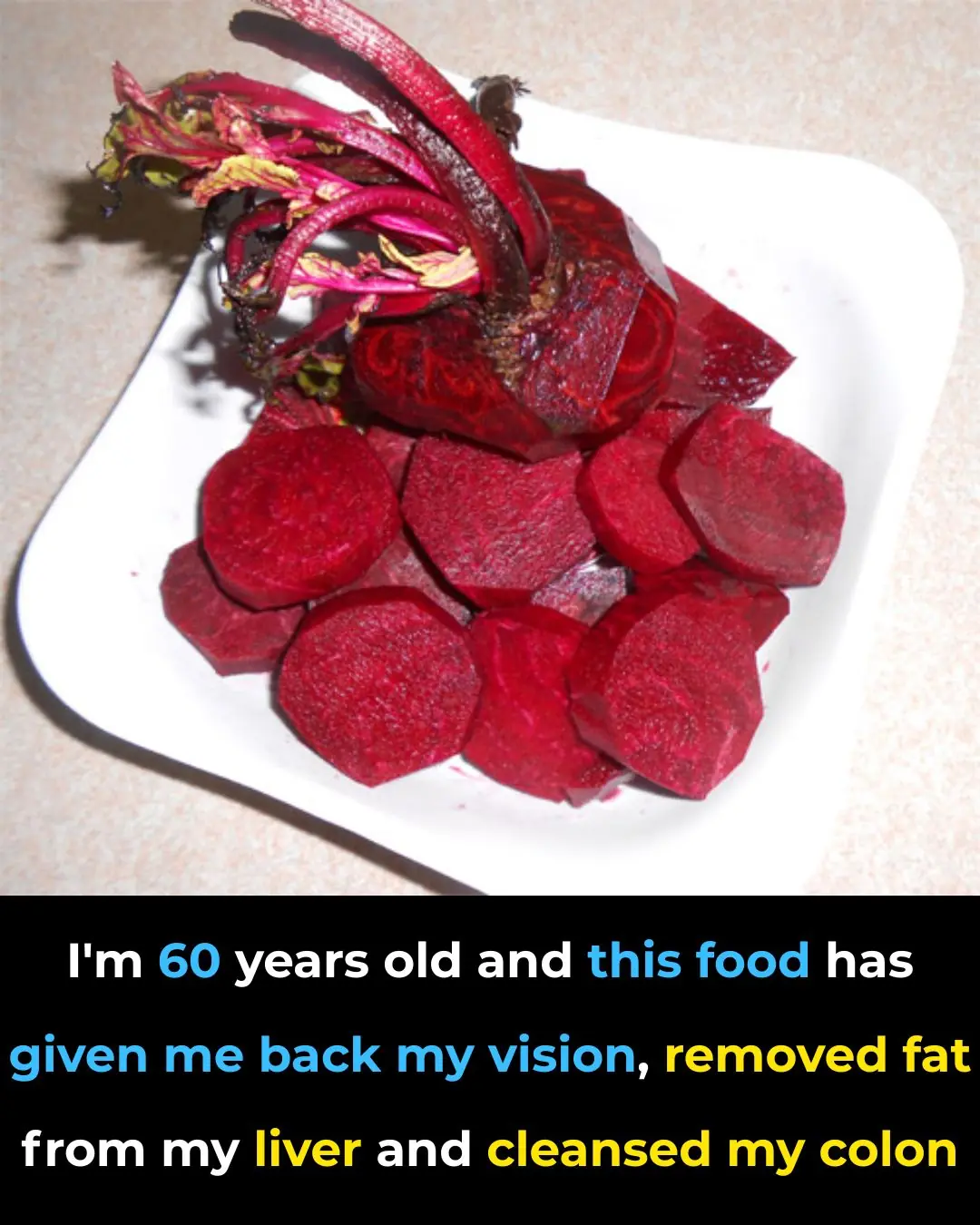
🍎 Beet & Citrus Juice: A Nutritious Drink Packed With Antioxidants (Not a ‘Cleanse’)
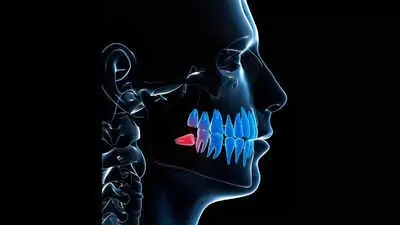
Humans are still evolving, and we’re losing our teeth
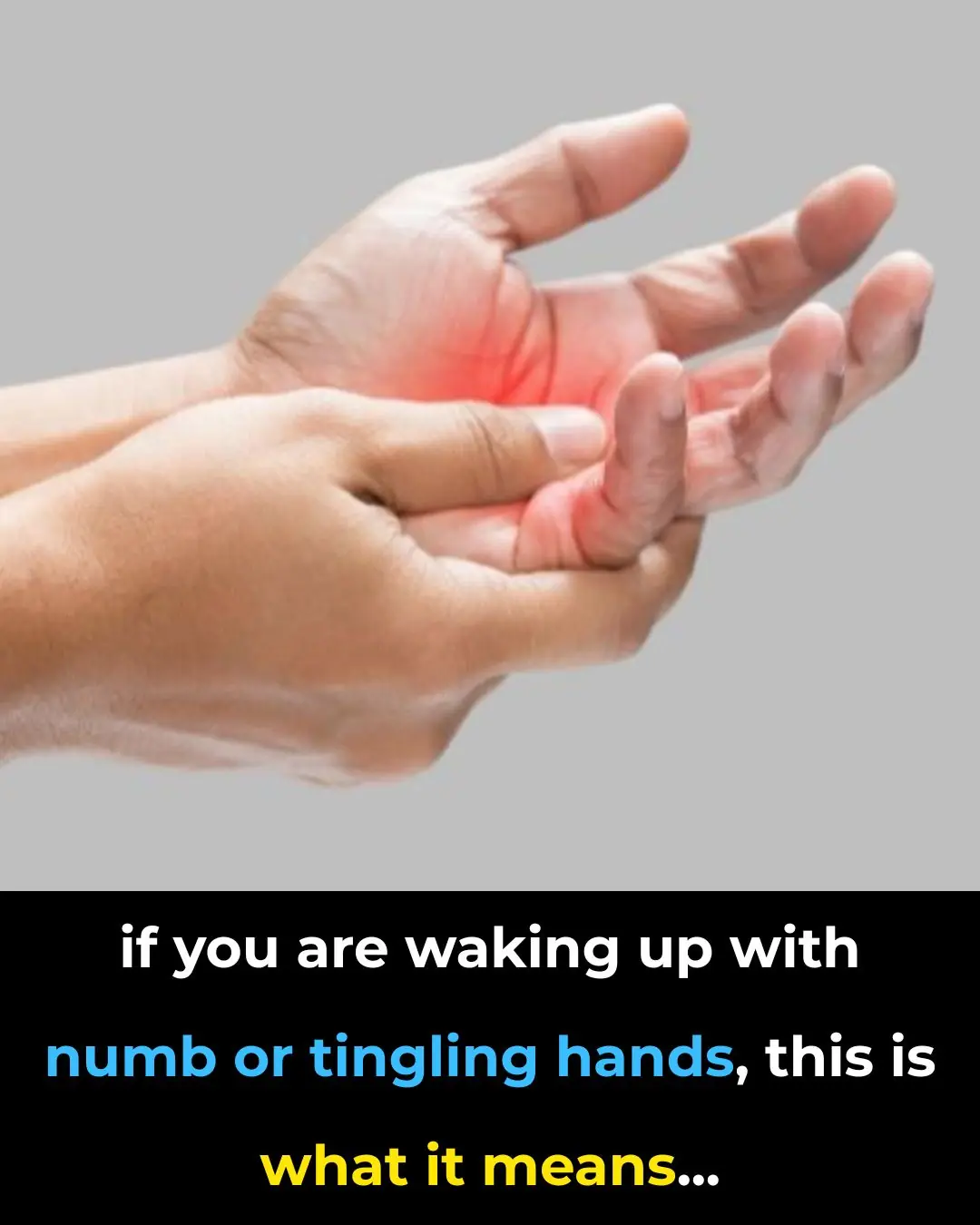
Numbness Or Tingling Sensations In Your Hands
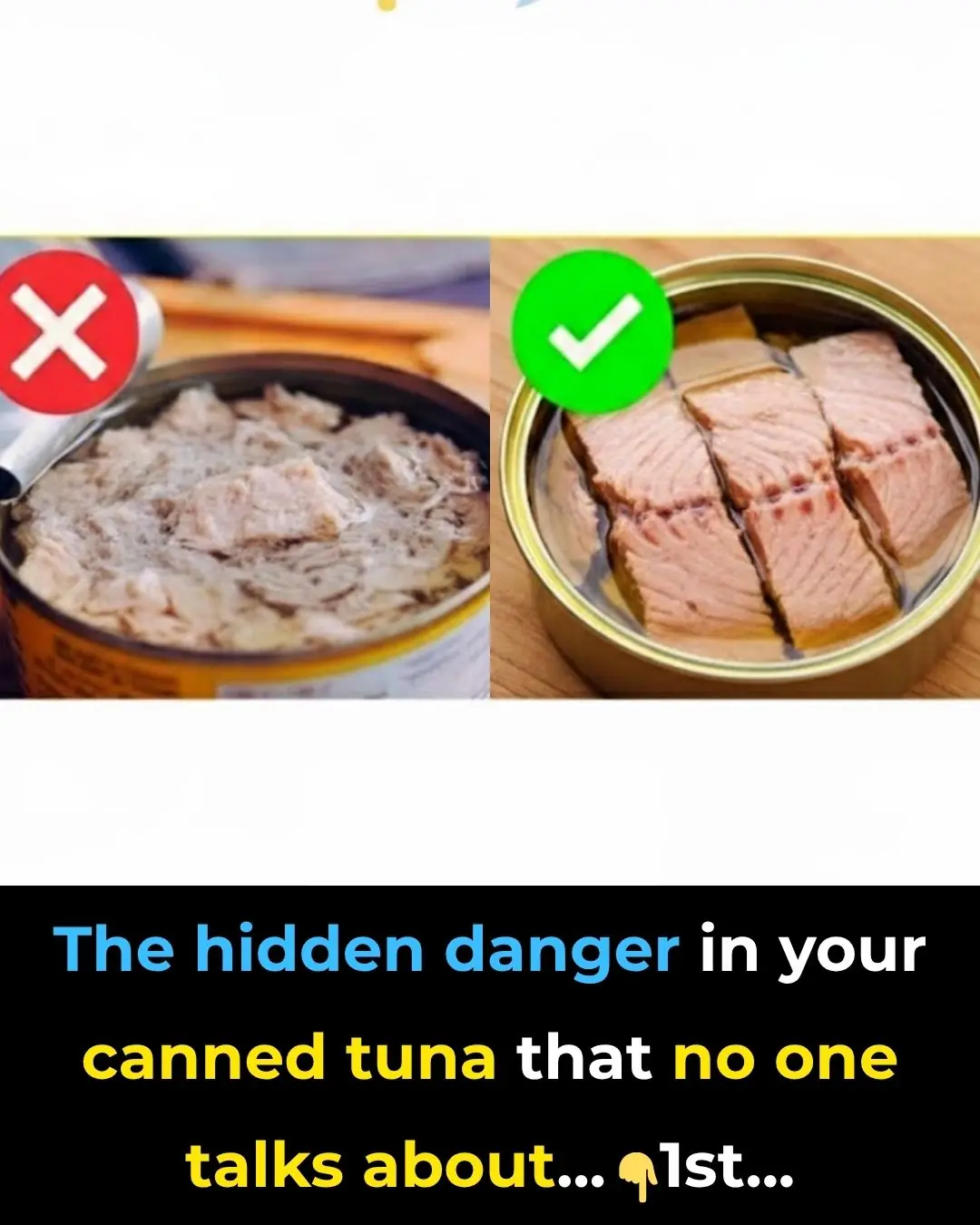
Warning: The #1 Mistake You’re Making with Canned Tuna (Avoid Mercury!)
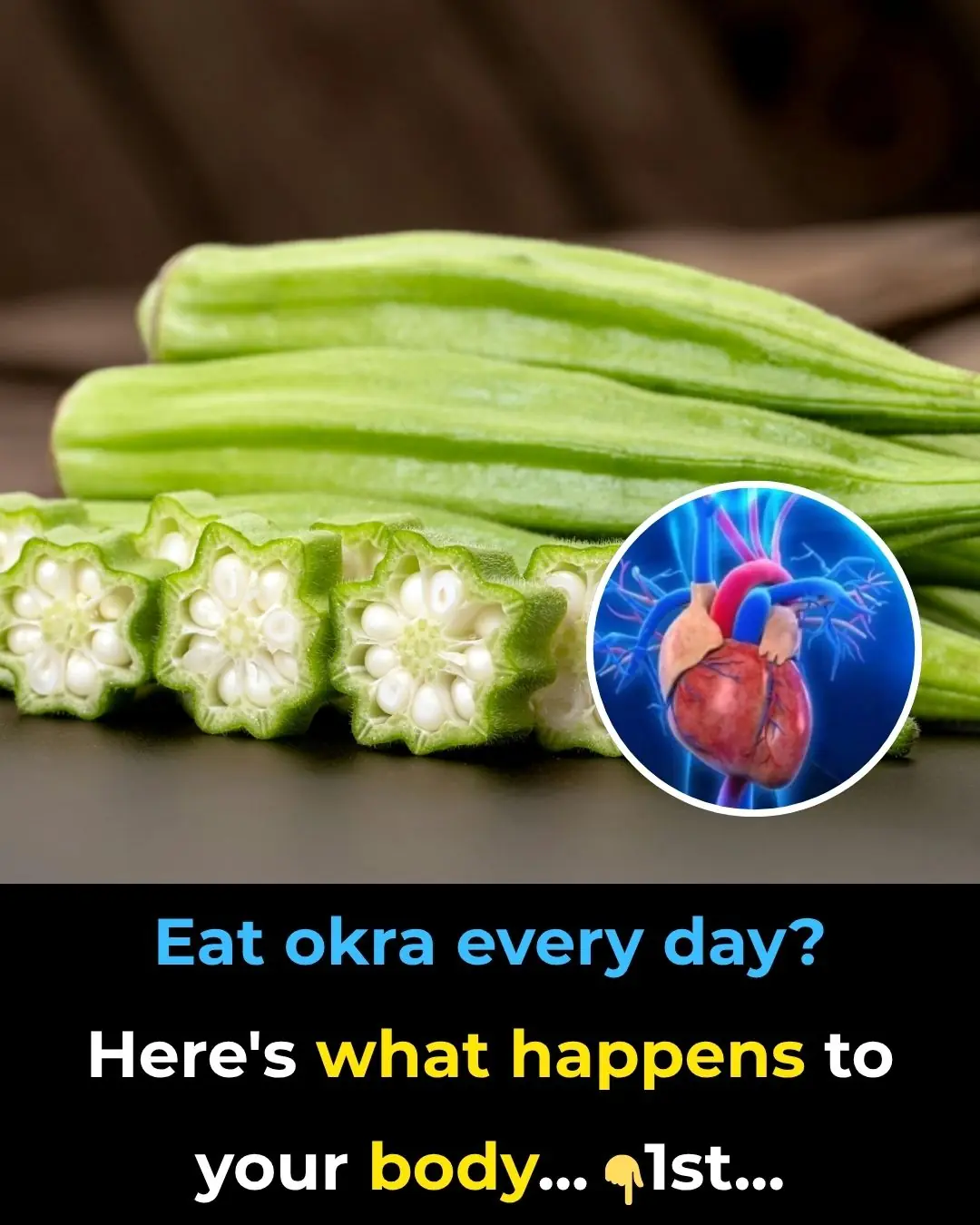
Eat okra every day? Here’s what happens to your body!
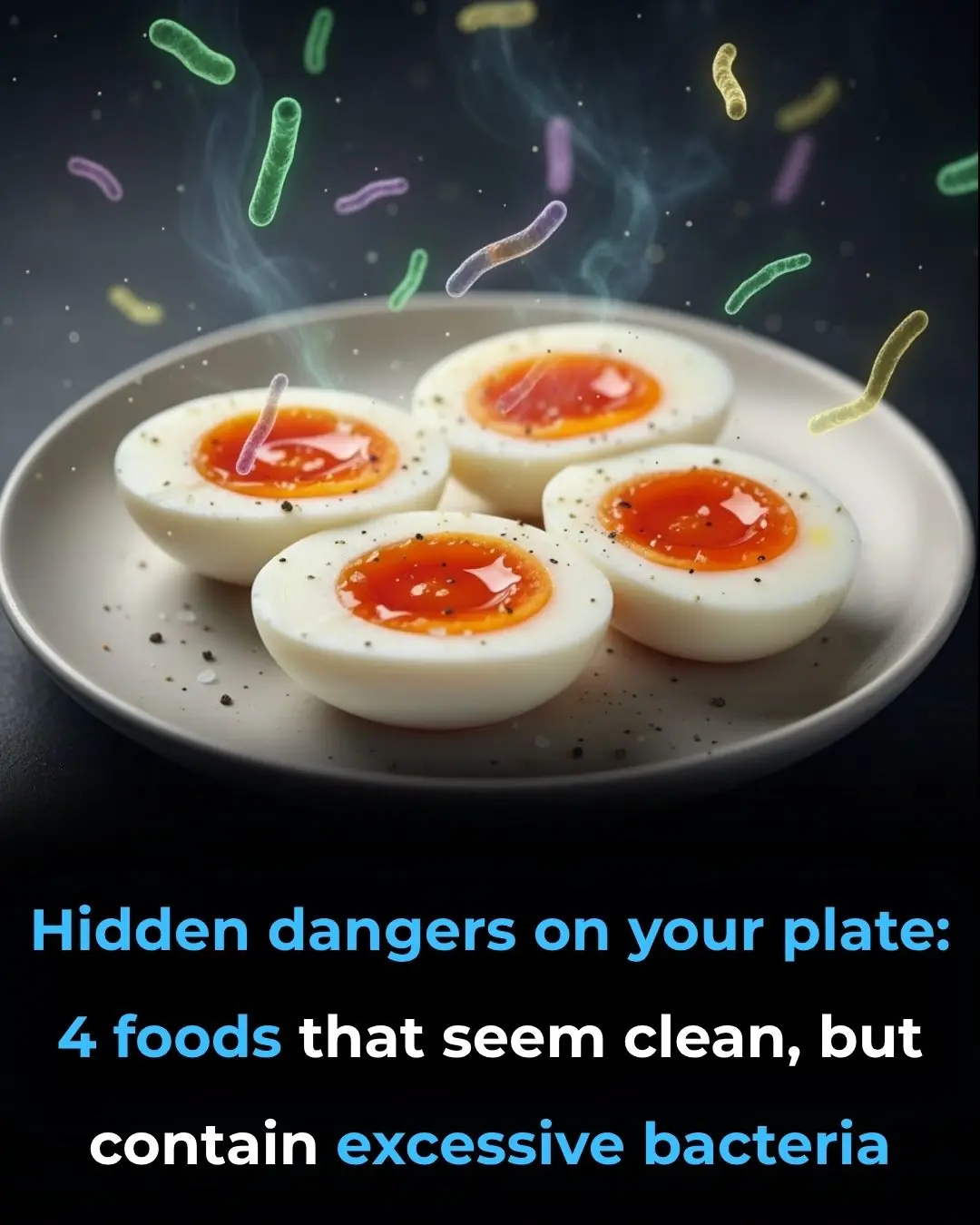
The Hidden Health Risks of 4 Foods You Thought Were Clean

Research Shows That Music Significantly Boosts Infant Brain Development
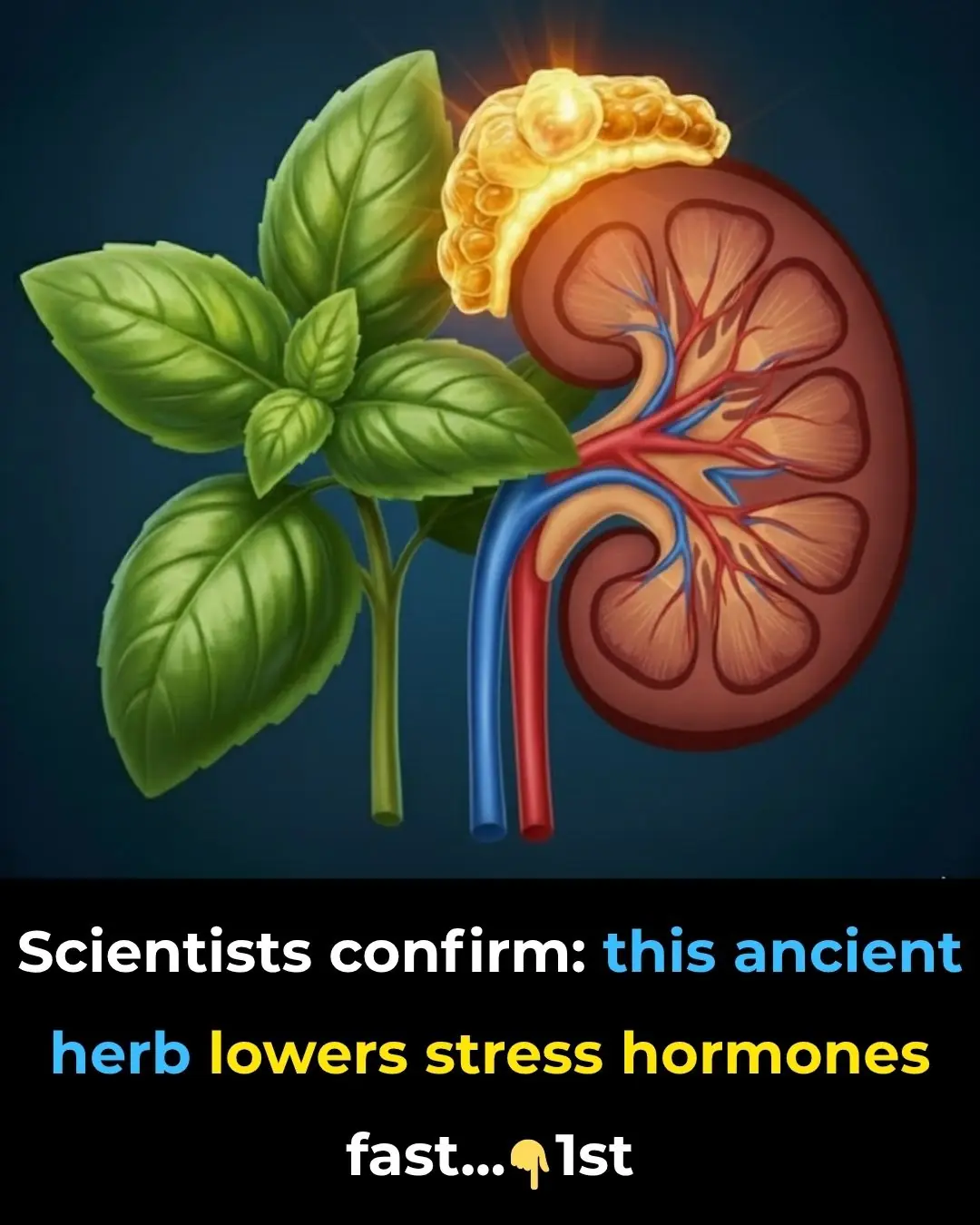
Holy basil shown to cut stress hormone cortisol by 36% in 40 minutes
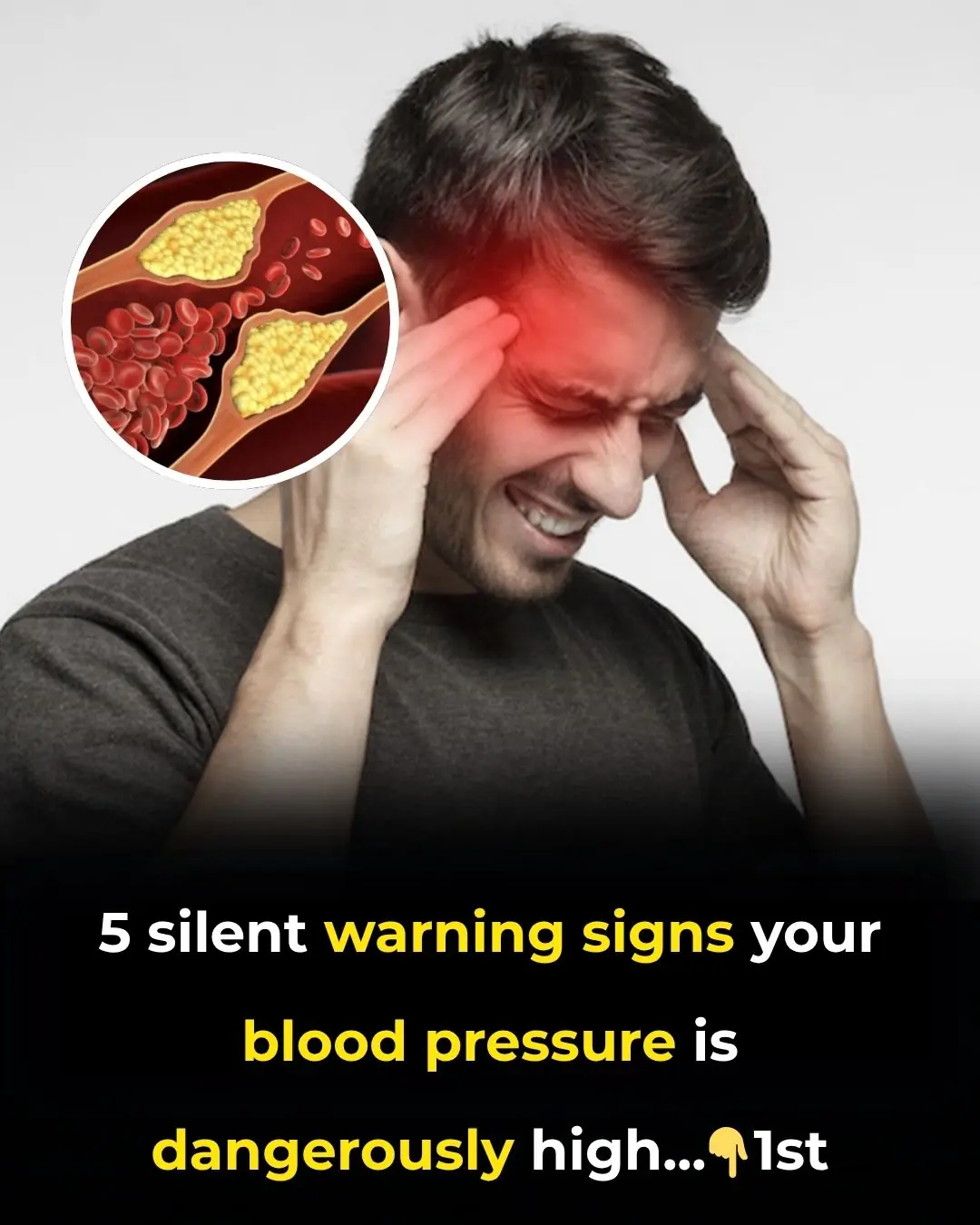
Spotting Silent High Blood Pressure: 5 Warning Signs You Must Not Overlook
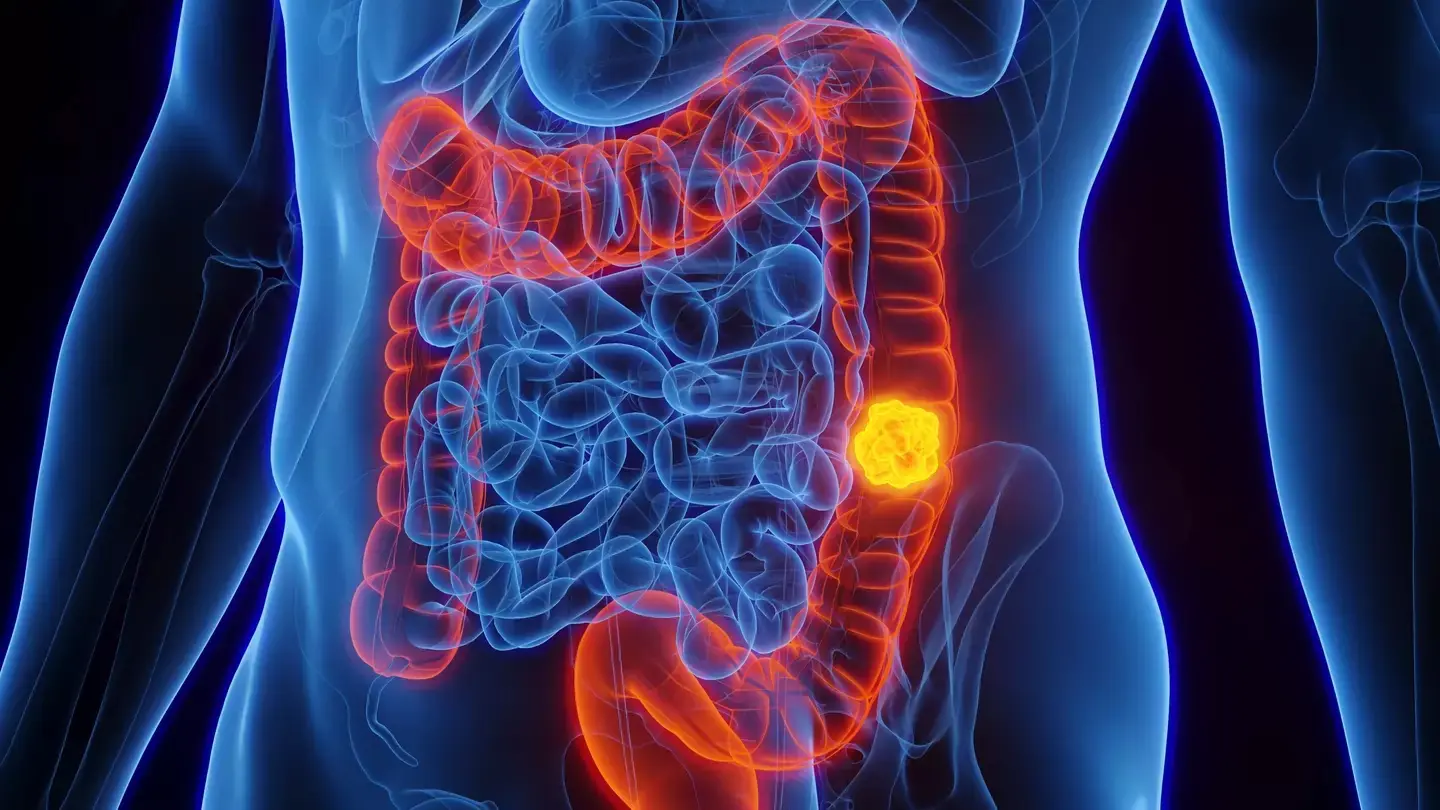
Woman reveals 5 colon cancer symptoms that shouldn’t be ignored
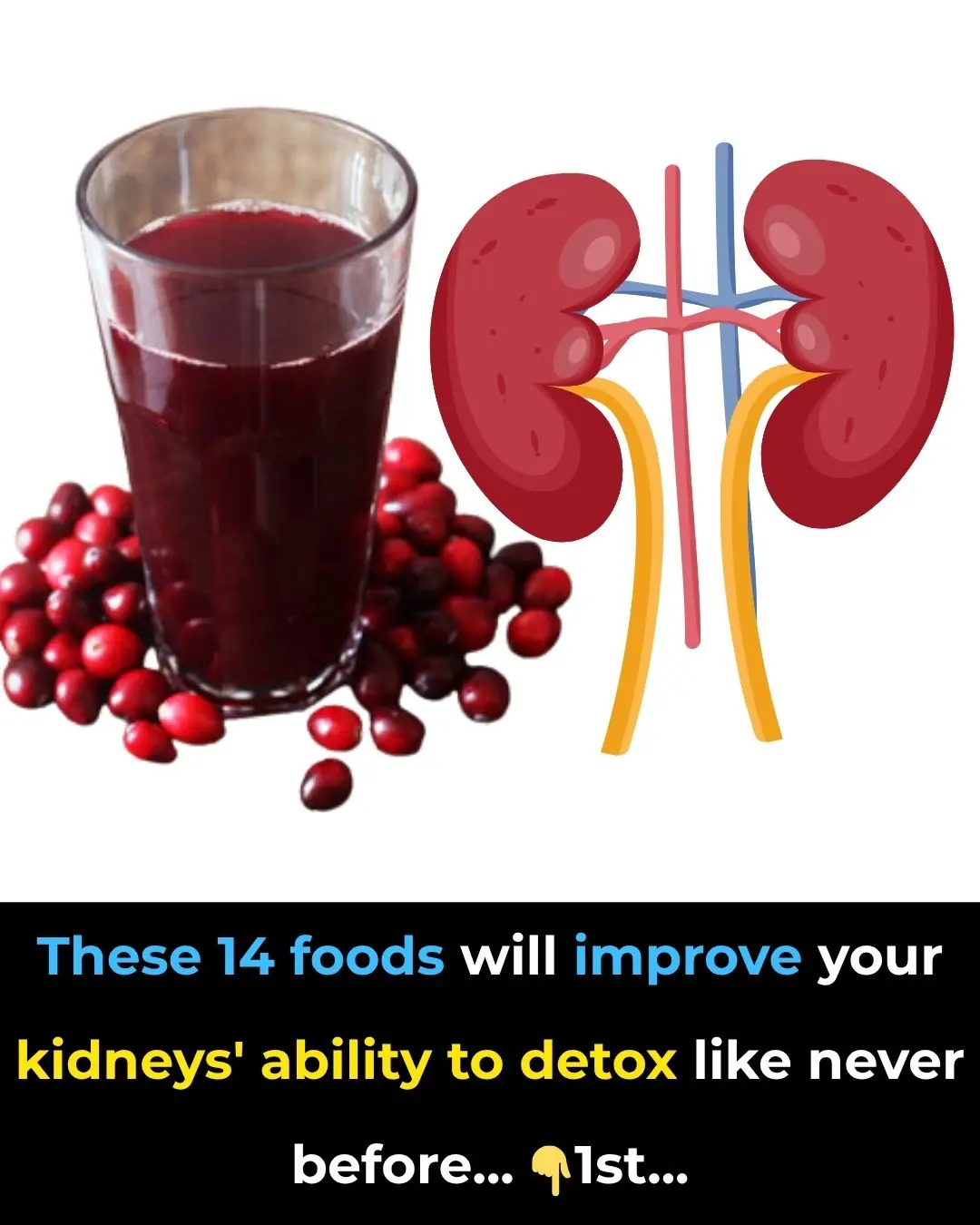
These 14 Foods Will Improve Your Kidneys’ Ability To Detox Like Never Before!

TO PREVENT STROKE, REMEMBER THE ‘3 DON’TS’ AFTER MEALS AND ‘4 DON’TS’ BEFORE BED — STAY SAFE AT ANY AGE

HOW TO GET RID OF PHLEGM AND MUCUS IN YOUR CHEST AND THROAT

5 Early Symptoms of Stomach Cancer That Help With Timely Detection
News Post
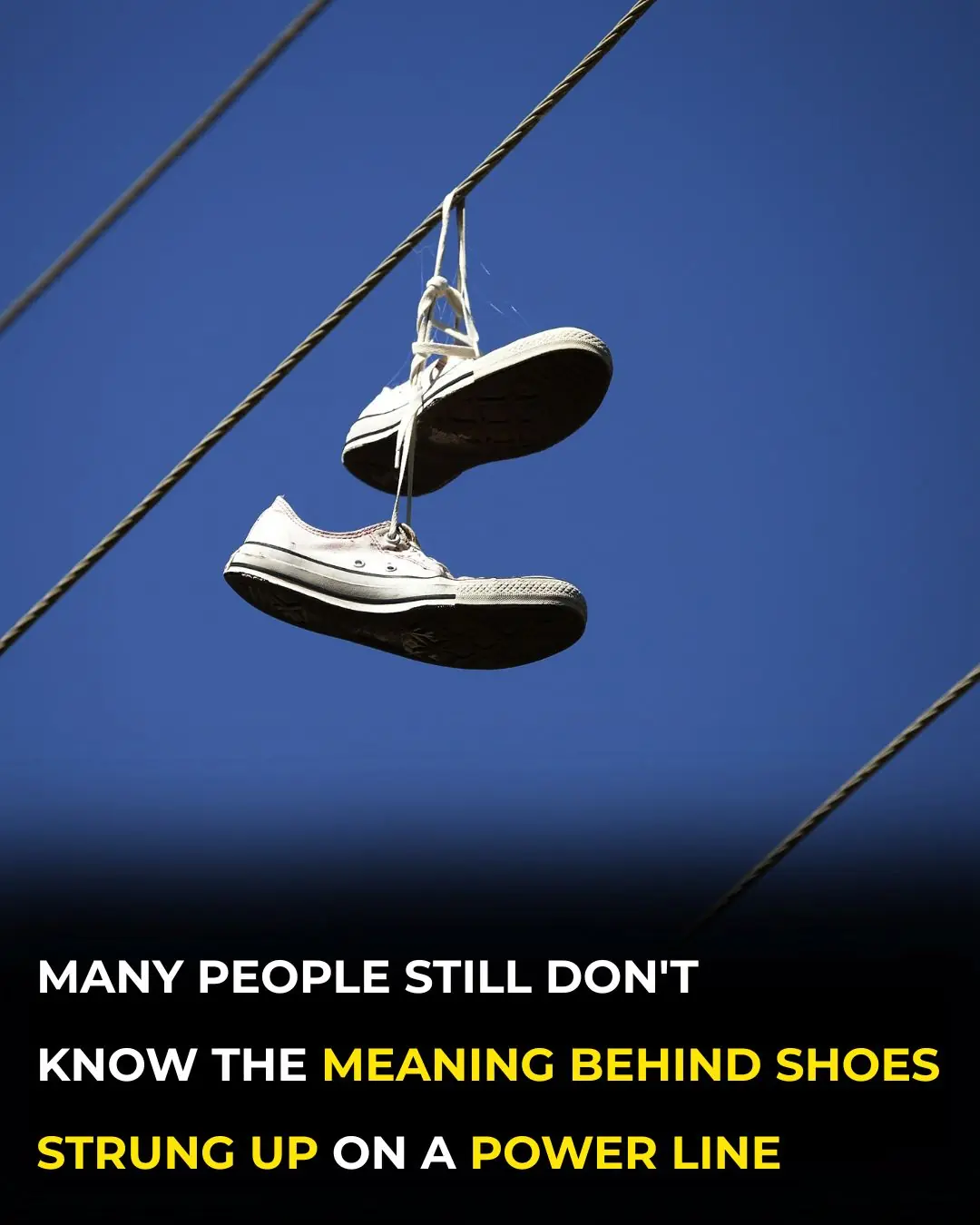
Many People Still Don’t Know The Meaning Behind Shoes Strung Up On A Power Line

Arnold Schwarzenegger’s Son Continues His Impressive Weight-Loss Journey

‘Get Out!’: Black Woman Banned from Restaurant After Refusing to Tip Waitress with ‘a Disgusting Attitude,’ But She Doesn’t Back Down, Video Shows

Stephen Hawking Predicts the End of the World Is Nearer Than We Think

Caroline Flack’s ex Lewis Burton says he’s received ‘online abuse’ in rare statement over Disney documentary

The Viral 70LB Baby That Was Featured On Jerry Springer Is All Grown Up, And You Better Sit Down Before Seeing Him Today

The Viral 70LB Baby That Was Featured On Jerry Springer Is All Grown Up, And You Better Sit Down Before Seeing Him Today

‘Wanna be from the Trenches So Bad’: Tiny Harris Claps Back After T.I. Embarrasses Son King at Their Grandchild’s First Party

3 Deadly Mistakes People Make with Water Heaters – Don’t Risk Your Life

The surprising vitamin that helps break down leg clots—are you getting enough?
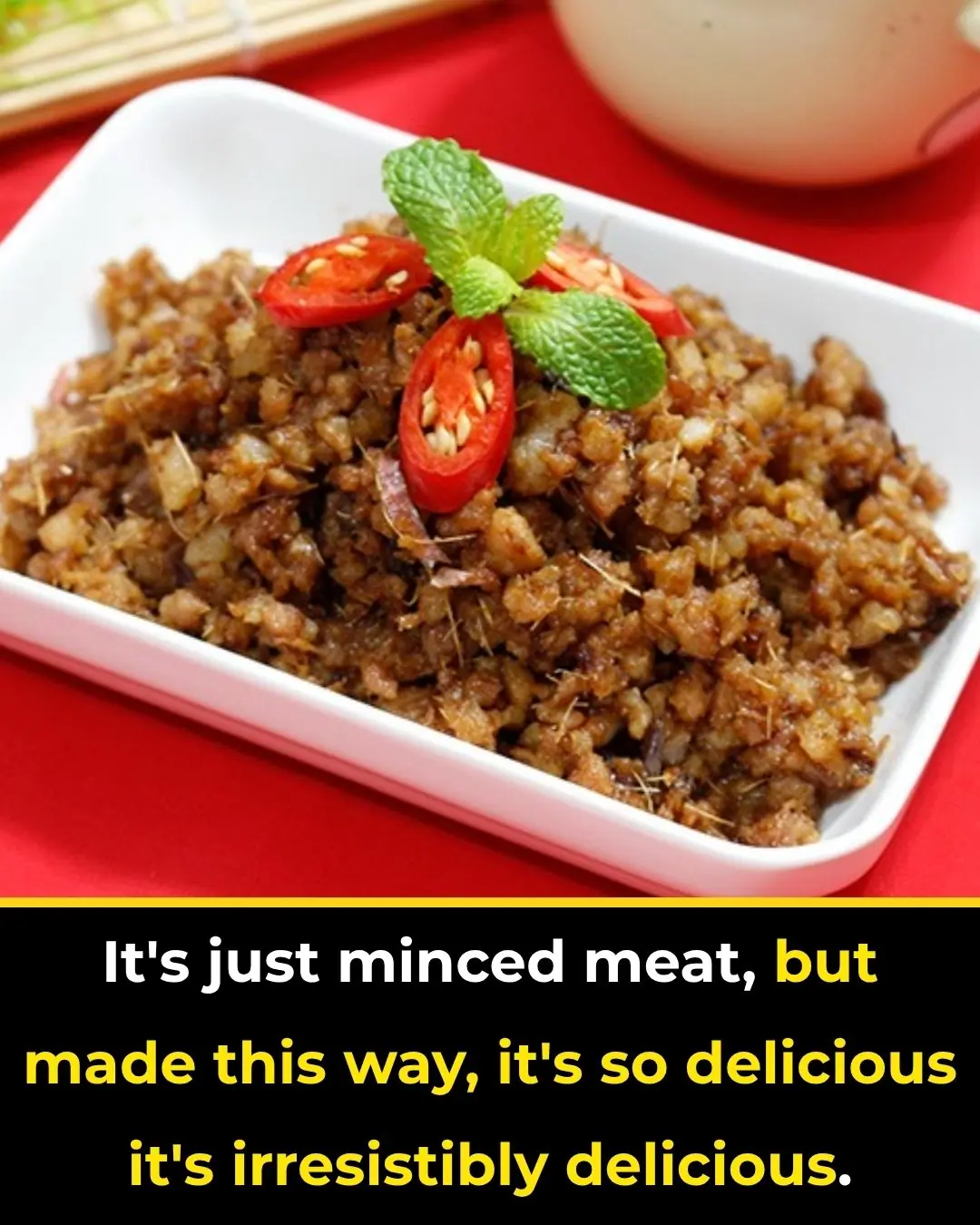
Just Minced Meat, But Made This Way, It Becomes Irresistibly Delicious

Prince William steps out with King Charles for special Windsor Castle reception to mark Remembrance Day
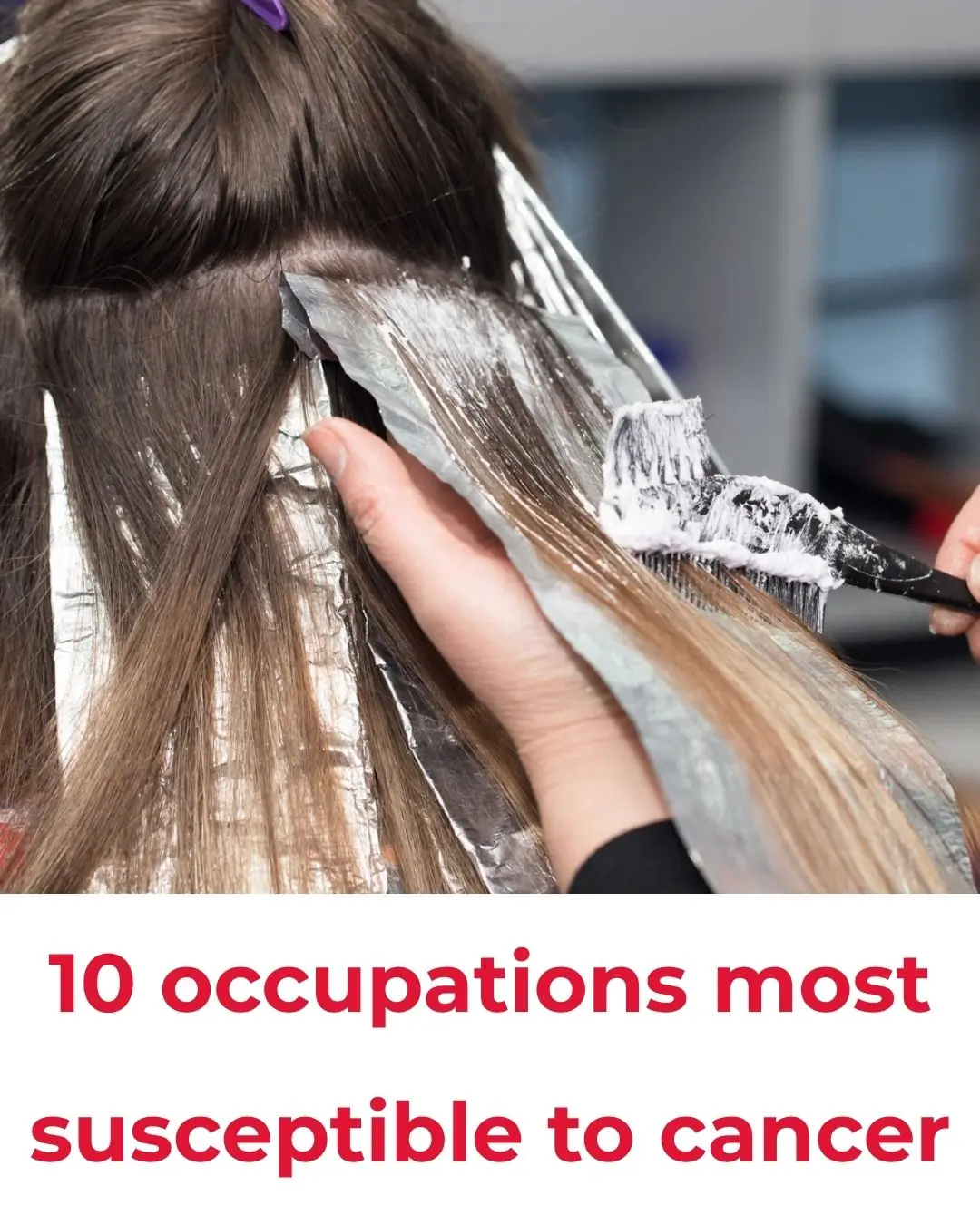
Top 10 Occupations with the Highest Risk of Cancer
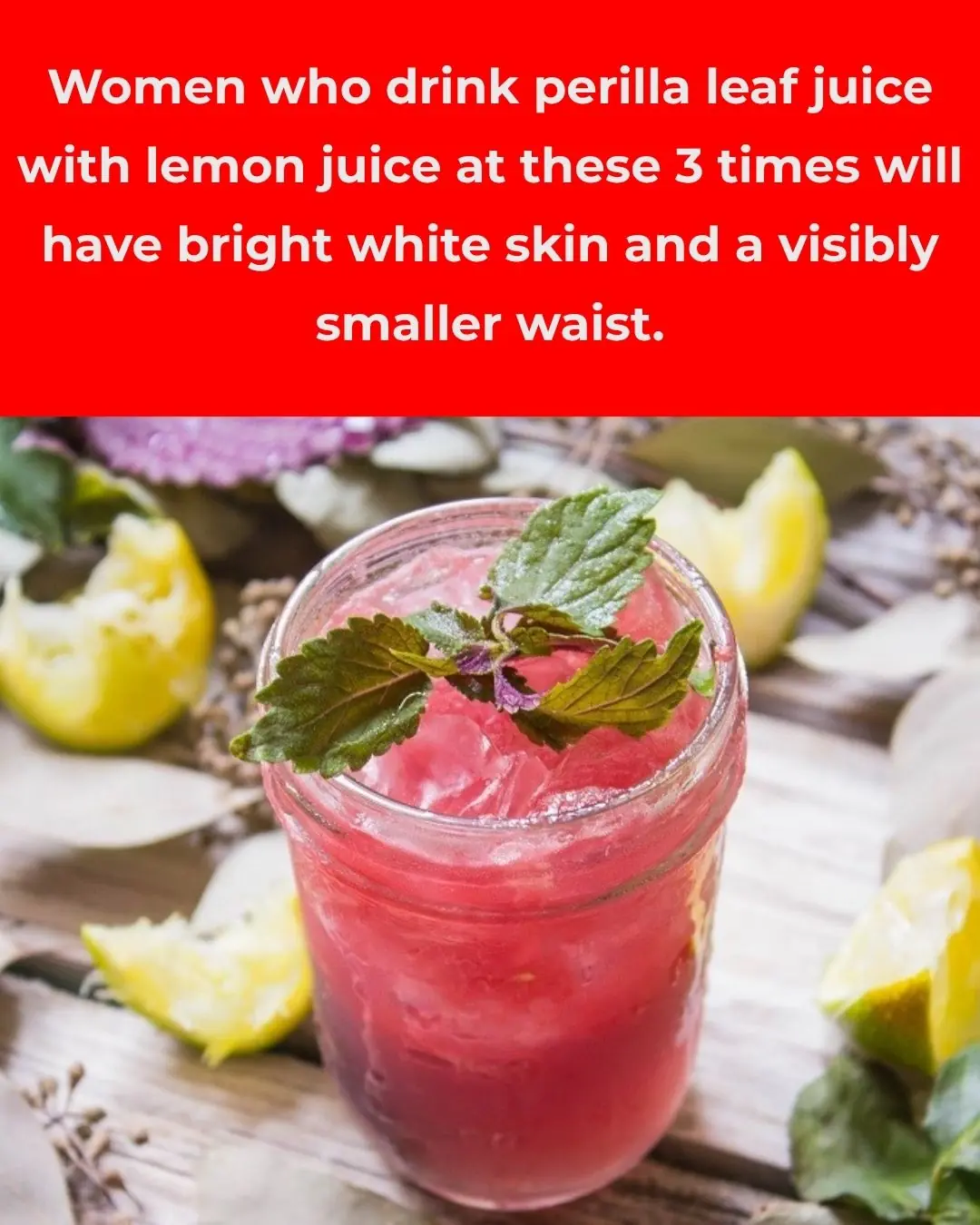
Women Who Drink Perilla Leaf Water with Lemon at These 3 Times: Brighter Skin and a Slim Waist

Why Is the Left Burner of a Gas Stove Not Ideal for Cooking?

Kelly Brook ‘horrified’ as GP offers her weight-loss jabs ahead of I’m A Celebrity stint: ‘I love my curves!’

Is It Dangerous to Stay Inside a Car During a Lightning Storm?
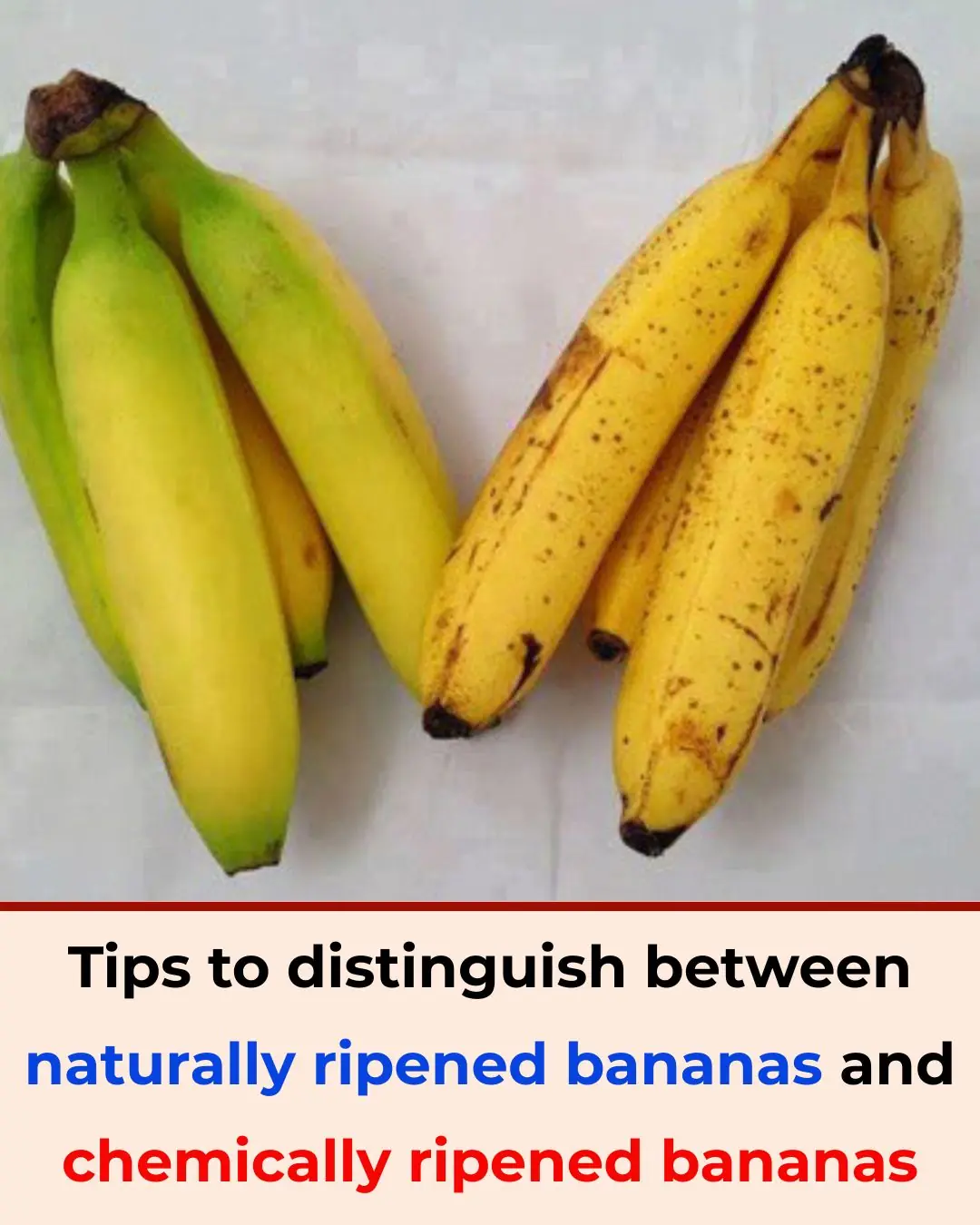
Tips to Distinguish Naturally Ripened Bananas from Chemically Ripened Ones

Meghan Markle shares video of Prince Harry in Afghanistan in Veterans Day message
